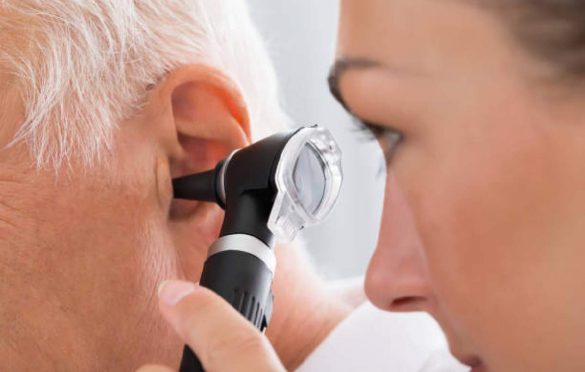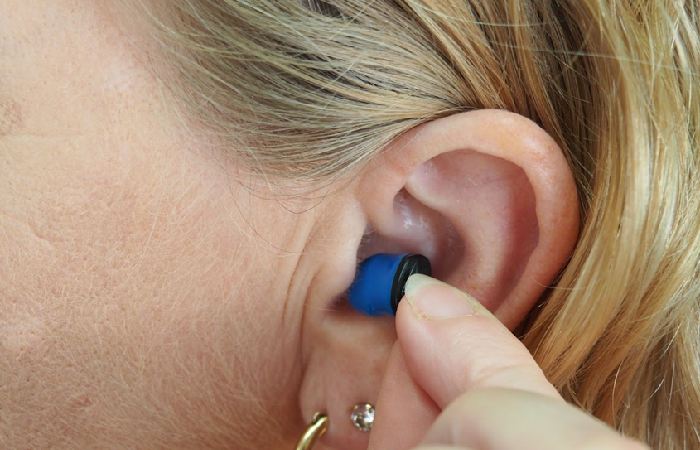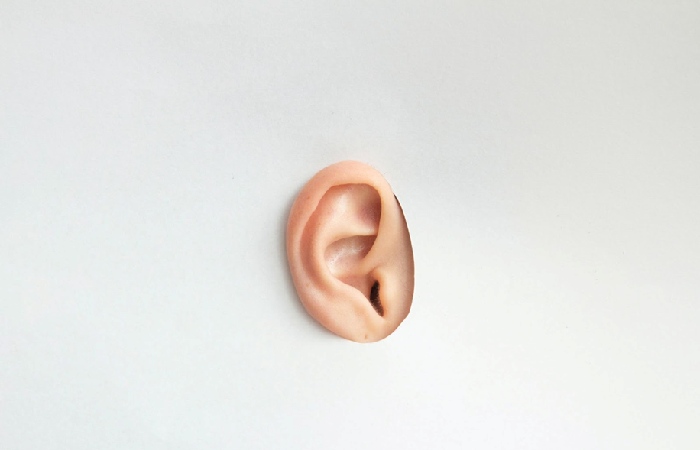7 Ways to Safeguard Your Hearing Health

The ability to hear is irreversibly lost after it has been damaged. Usually, noise at work or at a concert is the cause of hearing loss for around 24% of the American population. That’s why we’re spreading the word about how common hearing loss is, how crucial it is to get a proper diagnosis, and what steps you can take to discover the best hearing aid for you. Make sure you care for your ears now before it’s too late.
Here are seven simple steps to take care of your ears and prevent damage to your hearing.

Table of Contents
In Noisy Environments, Use Earplugs
Noise pollution occurs in environments where people must raise their voices to be heard, such as nightclubs, concerts, and other similar settings, and also while using lawnmowers, chainsaws, and such. Thankfully, earplugs can be easily acquired. Even better, you’ll be able to get some at any of your local hearing aids centres and fit you with a pair that is specifically designed for your ears.
Lower the Volume
The use of audio equipment improperly puts 1.1 billion teens and young adults at risk for noise-induced hearing loss, as reported by the World Health Organization.
The 60/60 rule might help you avoid damaging your hearing when listening to music via headphones or earbuds. The recommended headphone listening time is 60 minutes per day at a volume of no more than 60%.
Particularly risky are earbuds due to their proximity to the eardrum. Choose over-ear headphones if you can.
Keep in mind that noise-induced hearing loss may be caused by listening to any loud music, not simply music via headphones. Keep the volume at a reasonable level so that guests may have a discussion without raising their voices.
Rest Your Ears for a While
After being at a concert or a pub where the volume is turned up for an extended amount of time, your ears will need some downtime. A five-minute break outdoors every so often can do wonders for them, so take advantage of it if you can.
In addition, studies have shown that the typical person’s hearing needs 16 hours of silence after a noisy night out.
Stop Cleaning Your Ears With Cotton Swabs
It’s neither safe nor recommended to use cotton swabs to remove ear wax. Wax in the ear canals is not only common but also helpful in protecting the ear canal. Wax in the ear canal keeps out dust and other debris, making it a self-cleaning organ. Further, your eardrum and other delicate structures in your ear canals are in danger if you place anything in there.

Always Follow Your Doctor’s Instructions While Taking Medicine
The use of nonsteroidal anti-inflammatory drugs (NSAIDs), such as aspirin, ibuprofen, and naproxen, has been associated with an increased risk of hearing loss. Be sure to discuss your concerns with your primary care physician before beginning a new course of therapy if you have any reason to believe that the medication your doctor has given might be harming your hearing.
Don’t Let Water Go Into Your Ears
A bacterial infection of the ear canal is made worse by the presence of excess moisture. Infections in the ear canal, such as the swimmer’s ear, may be caused by this. After a swim or bath, be sure to pat your ears dry with a soft towel. To remove water from your ear, turn your head to one side and gently pull on the ear lobe.
Swimmers’ earplugs are designed to fit snugly into the ear canal and prevent water from entering, keeping ears dry and protecting hearing. Both adults and children will benefit from their use since they greatly reduce the risk of developing a swimmer’s ear.
Maintain a Schedule of Frequent Checks
Inquire about having your hearing checked during your yearly exam with your primary care doctor. Due to the progressive nature of hearing loss, it is also advised that you see a hearing healthcare specialist once a year for a hearing evaluation. This will increase your chances of seeing the early warning symptoms of hearing loss and responding appropriately.
Besides diminishing quality of life and the stability of relationships, untreated hearing loss has been connected to various health issues such as depression, dementia, and heart disease, so it’s important that people take steps to address this issue.

Final Thoughts
Once hearing damage has occurred and harm has been done, there is no turning back. Therefore, it is critical to take action as early as possible. Adults who have had hearing loss cannot have their hearings restored, but there are measures to protect themselves from ever experiencing hearing loss in the first place. Follow the tips above to make sure you safeguard your hearing as much as possible.


